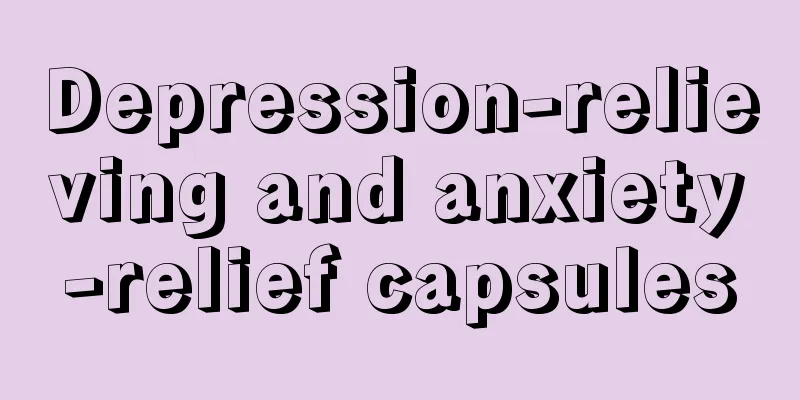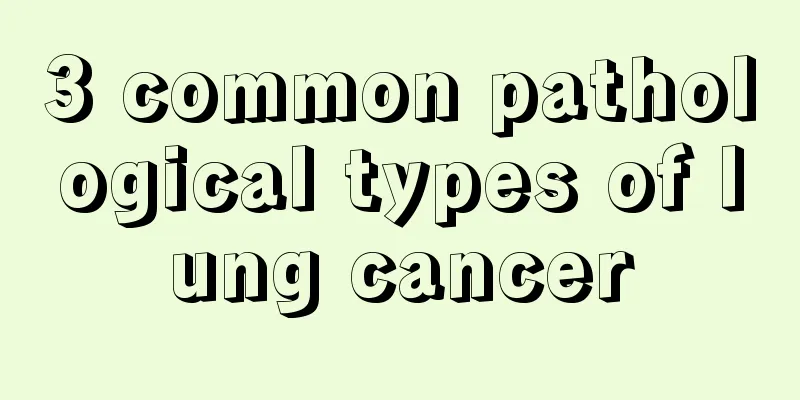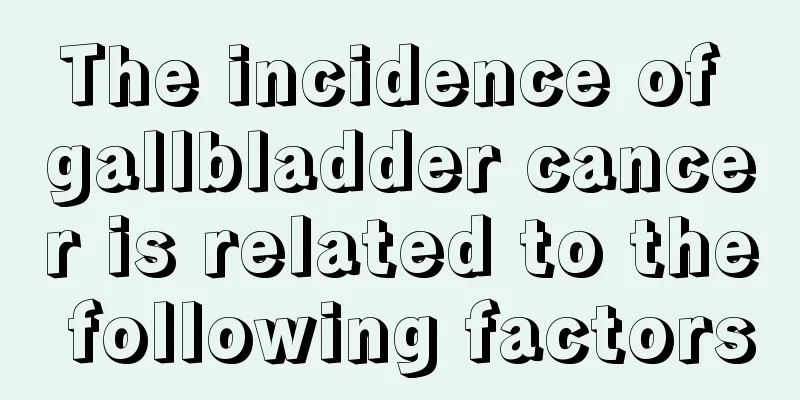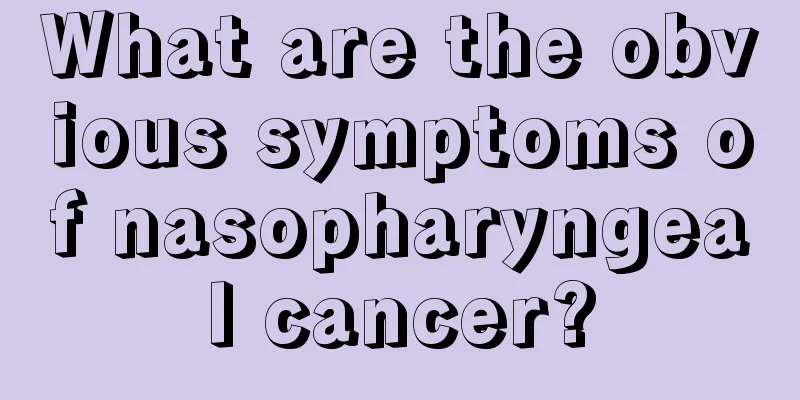Current situation of patients with advanced cancer in China
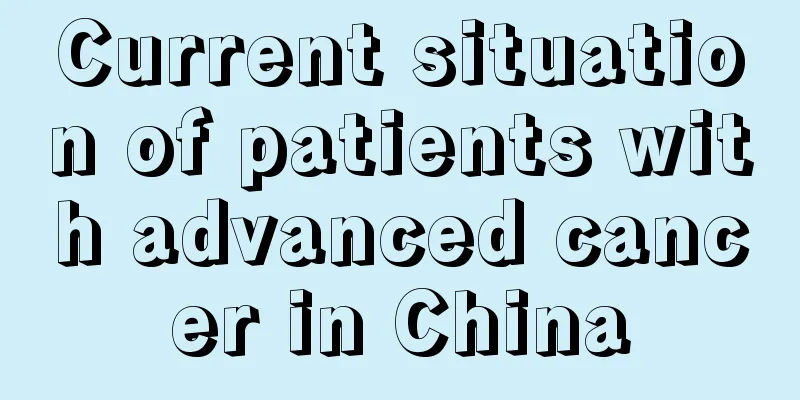
|
"When a family is healthy, there can be a lot of conflicts and problems. But if someone gets cancer, you only have one problem to deal with, and that's the cancer itself." Most patients with advanced cancer and their families face a common problem: how to face the final farewell in the late stages of life? In recent years, the topics of palliative care and hospice care have been mentioned repeatedly. People have more respect for self-conscious choices. They should not only have the right to decide "how to live", but also have the right to decide "how to die". Chinese people have also begun to say "no" to this medical practice of "the living spend money and the dead suffer"! 1. The number of cancer patients in my country remains high, and the number of deaths accounts for 1/4 of the world's total According to the 2015 Cancer Statistics released by Professor Chen Wanqing's team at the National Cancer Center in 2016, my country had 4.29 million new cancer cases in 2015, accounting for 20% of the world's new cases, and 2.81 million deaths, ranking first in the world in both the number of cases and deaths. About 10,000 people are diagnosed with cancer in my country every day, and about 7 people are diagnosed with cancer every minute. According to the 2012 World Cancer Report, 8.2 million people die from cancer every year in the world, and China accounts for more than a quarter of them. A research report shows that colorectal cancer and esophageal cancer have the heaviest per capita medical burden in urban areas of China, about US$10,000; lung cancer and gastric cancer patients have the second highest burden, about US$9,900; the per capita medical expenditure for liver cancer and breast cancer is similar, about US$8,500. Oncologists are also wondering whether such reckless behavior is really worth it. An oncologist said that in Beijing, the expenses of an elderly person with advanced lung cancer before death may exceed 500,000 yuan, which is more than his lifetime medical expenses. The family has exhausted all their money and energy, but they are not comfortable before death. 2. The concept of palliative care begins to emerge Palliative care is a type of care provided to patients with terminal chronic diseases. It only takes measures to relieve the patient's pain and other symptoms and meet the emotional and spiritual needs of the patient and his family. It does not carry out chemotherapy or radiotherapy, which have serious side effects. In 1987, China had its first hospice hospital. The World Health Organization (WHO) has three principles for palliative care: First, the clinician diagnosed that the patient was in the terminal stage and that it was impossible to recover with the current level of medical treatment; Secondly, the nurse communicates with the family members to decide whether to accept "palliative care", which means not to perform unnecessary and traumatic rescue measures such as intubation and cardiopulmonary resuscitation, but to mainly treat the discomfort symptoms, such as edema, pain, urinary incontinence and other symptoms of the patient; Subsequently, psychological care is followed up to help patients face death calmly and fulfill their wishes. In fact, if a family member with advanced cancer cannot be cured, is it necessary to spend a lot of money and let the patient experience more pain? In comparison, it is obviously more meaningful to improve the patient's quality of life and let the patient enjoy freedom and dignity at the end of his life. At the same time, death education is particularly scarce in our country. "Passed away", "old", "left"... Subconsciously, people are always accustomed to avoiding words related to death and taboo topics related to death. Dr. Trudeau once said the meaning of medicine, "Sometimes to heal, often to help, always to comfort." For patients with advanced cancer, the role of medicine is actually to help and accompany. Many oncologists are now beginning to think about the necessity of palliative care. They are well aware of the limitations of medicine and that existing medical conditions are sometimes powerless. They are beginning to try to listen to patients' feelings and make the treatment process less painful. The treatment of advanced tumors requires the incorporation of virtue ethics into medical practice norms. China still has a long way to go in terms of palliative care education. There is still a long way to go in terms of how to maintain the choice of life, allow death to occur, and give patients the right to choose death. |
>>: Oncology experts teach you how to prevent aflatoxin, a first-class carcinogen
Recommend
Do I need to wash monk fruit?
Monk fruit is often used in people's daily li...
What should I pay attention to during chemotherapy for brain cancer?
As the times progress, people's living standa...
Complications after stoma reversal
There are often many problems in our intestines. ...
The targeted therapy you are worried about
Targeted therapy is a relatively new treatment me...
Do you feel headache and nausea from using air conditioning?
In the hot summer, many people can’t imagine how ...
What does the mite bite look like
People's skin is sometimes infected by mites,...
What should you pay attention to before and after prostate cancer surgery
There are many treatments for prostate cancer, bu...
What are the methods for choosing a neck and shoulder massager?
In today's society, people mostly rely on com...
What are the common internal and external symptoms of lung cancer? Six common internal and external symptoms of lung cancer
If you know the symptoms of lung cancer and go to...
What to do if chest hurts and mouth sores
Many people often experience chest pain. There ar...
Can you eat broken watermelon seeds?
People like to eat some snacks in their spare tim...
How long can you live if lung cancer relapses? It depends on many situations
How long you can live is uncertain. It needs to b...
Can eating too much ginger induce liver cancer? What should liver cancer patients pay attention to in their diet?
Research by the U.S. Food and Drug Administration...
How long can you live if prostate cancer recurs
How long can you live with prostate cancer? Nowad...
Is bone marrow edema serious?
Bone marrow edema is a common disease syndrome in...




